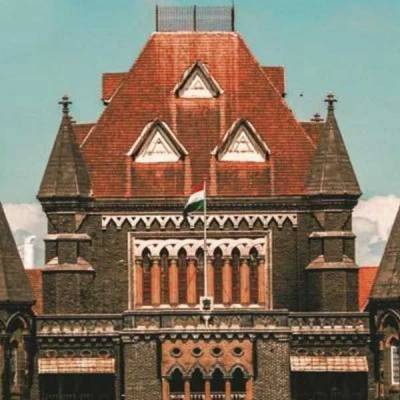Bombay HC urges swift demolition of illegal structures
01 Sep 2023

In a notable development, the Bombay High Court has strongly advocated for granting state authorities the power to take immediate and summary action to demolish illegal and unauthorised constructions. Justices Gautam Patel and Kamal Khata, while addressing this pressing issue, emphasised that their intention is not to oppose or undermine the role of the authorities but rather to ensure that illegal constructions do not go unchecked. They expressed their firm commitment to preventing such violations of the law, declaring that they will not tolerate them during their watch.
The genesis of this matter traces back to August 28, when the court was hearing a case concerning an illegal ground-plus-four-storey structure known as Om Sai Apartments in Ghansoli village, Navi Mumbai. The court took the unprecedented step of treating it as a suo motu writ petition, acknowledging that this case was emblematic of a pervasive problem in development across various municipal corporation areas. To gain a comprehensive understanding of the situation, the court receiver was directed to visit the site and gather essential details.
The court receiver's report revealed a stark reality: 23 flats within the structure were already occupied, while six remained vacant. The judges expressed deep concern about individuals exploiting legal mechanisms, such as obtaining stays on eviction or demolition notices, which often prolong the proceedings for years. However, in this specific case, the Navi Mumbai Municipal Corporation managed to have the stay order overturned on appeal.
During the proceedings, senior advocate Sharan Jagtiani, serving as amicus curiae, pointed out the strategy of seeking court intervention to delay eviction or demolition actions. The judges pondered whether an immediate imposition of fines could serve as a viable solution. They also raised the vital question of whether there exists a mechanism to grant state authorities the power for summary demolitions, an entity that would need to assert its authority within the court system.
Furthermore, the judges noted that the supply of electricity and water to the building in question was itself illegal, compounding the gravity of the situation. In their official order, the judges explicitly stated, "This case is by no means uncommon whereby the entire structure is without authorization...We cannot contemplate a situation where the instrumentalities of the state are powerless and helpless to prevent unauthorised constructions."
In a decisive move, the Bombay High Court appointed a court receiver for the entire plot and building. Notices were issued to all 23 occupants, and they were restrained from transferring or creating third-party rights over the property.
Justice Patel aptly summed up the court's stance by stating, "Look at this case. So utterly gross. Twenty-three persons in search of a house were told 'Take this, kuch nahi hoga' (nothing will happen). We'll change it to 'kuch toh hoga' (something will happen)." The court is set to review the existing legal framework and assess how it empowers state authorities to take immediate summary actions on October 4, shedding light on a critical issue concerning illegal constructions and the role of the state.
Related Stories

